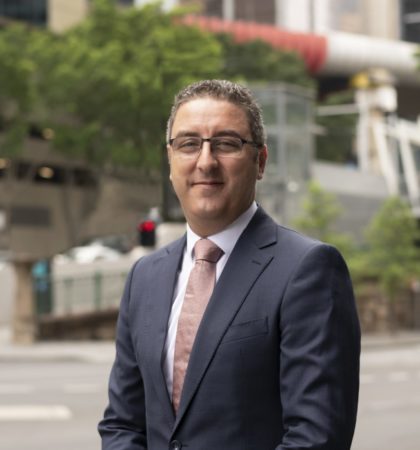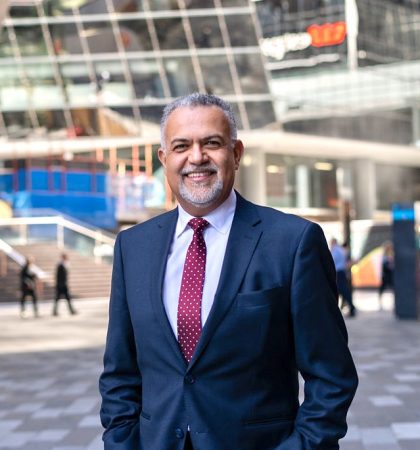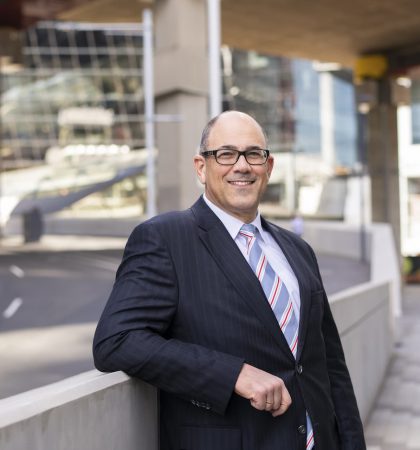Project Overview
The Metro Tunnel Project will deliver twin nine-kilometre rail tunnels from Kensington to South Yarra as part of a new end-to-end Sunshine-Dandenong line, and five new underground stations.
When combined with other upgrades on the network, the Metro Tunnel Project will allow more trains to run in and out of the city on various rail lines, therefore increasing the capacity of the metro rail network.
The Metro Tunnel project is split into three main Work Packages as follows:
- Tunnels and Stations – building the underground rail tunnel to link to the existing rail network. Building five new underground train stations.
- Rail Systems – responsible for upgrading the signalling of existing system to increase the safety of the rail system and to enable the use of High Capacity Metro Trains (HCMT).
- Rail Instrstructure – responsible for upgrading the infrastructure of the existing system to increase the safety of the rail system and to enable the use of High Capacity Metro Trains (HCMT).
TBH’s Role
TBH worked together with the Tunnels and Station’s Independent Reviewer (IR) for Rail Projects Victoria (RPV). The IR was to ensure the Contractor properly fulfilled its obligations in the contract Project Agreement with RPV.
TBH advised on all time-related aspects of the Tunnels and Stations work package. TBH analysed the Contractor’s Tunnels and Station’s monthly program submissions as follows:
- Constructability review for future works including durations, logic and external dependencies including:
- Review of the productivity rates, staging and interfaces between the four TBMs and the launching shafts, stations boxes and cross passages
- Review of the road header sequencing for cavern excavation, audits and access shafts
- Verification of Progress against the reported Program Status including:
- Review of Site progress records and photos to determine progress to date and forecast trends
- Adjustment of forecasts based on trends to validate or determine the true critical paths to contractual milestones and key interfaces
- Risk modelling and analysis to predict likelihood of completion of key milestones by the contractual dates
- Determining the entitlement claims for extensions of time for the Tunnel and Stations and time/delay impacts associated with works by the other work packages;
- Determining/assessing delay mitigation cost impacts associated with interface works between the Contractor and the other work packages;
- Reviewing proposed remediation plans and monitoring its implementation;
- Reviewing the Contractor’s design and construction monthly progress reports against its program and progress on site;
- Reviewing management plans and design and construction programs, including departures/slippages, updates and/or claims;
The TBH Difference
TBH developed automated reporting for the integrated program to generate both summary programs and time chainage diagrams to allow interrogation of high-level sequencing and dependencies between work areas and detailed productivity rates. This enabled TBH to efficiently and provide feedback to the project team about the real-time progress on the project.
TBH’s review and feedback of the Contractor’s program enabled the Contractor to provide robust programs and accurate forecast dates for key milestones which enabled the IR and RPV to have confidence in the delivery of the project.
TBH proactively updated the Contractor’s program to analyse the impacts of trends and the correct modifications to program logic to determine the correct critical path. This enabled the IR and RPV to respond effectively to any time related claims from the Contractor.
To find out more about TBH’s Planning & Scheduling experience, please visit the Planning & Scheduling page.
Project Overview
| Client | AECOM Australia Pty Ltd |
|---|---|
| Services | Planning and Scheduling Claims Analysis |
| Value | $11 billion |
| Duration | 2018 - 2025 |










